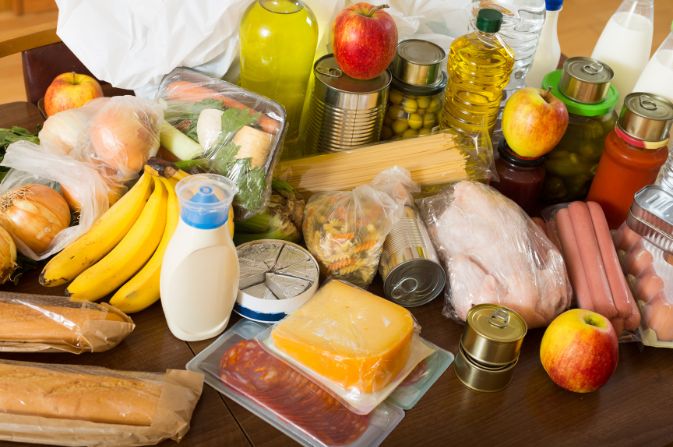Consumer demand for imported food has grown in recent years, thanks to reduced tariffs and changes in preferences, and now an estimated 80% of the food in our shops is imported.
Derby City Council’s Trading Standards team recently embarked on a series of inspections to highlight the risks that these imported products can pose, using funding from the Foods Standards Agency.
It’s vital that imported food is traceable back to the supplier or importer. All products sold in this country must have a business name and UK address on the packaging or food label, belonging to either the business who marketed the product or imported it.
For the inspections, officers selected 40 different products for traceability testing. Of the products tested, none had a UK address and only nine had EU addresses. The rest were all non-compliant , coming from countries including the United Arab Emirates, Nigeria, Pakistan and, most commonly, the USA.
American confectionery and soft drinks have grown in popularity, but some of these products may contain additives that aren’t authorised here in the UK. A recent Chartered Institute of Trading Standards operation seized almost £8,500 worth of imported products containing non-permitted additives, such as Calcium Disodium EDTA, that have been found to cause adverse effects. Of the products tested in Derby, 21 were soft drinks and seven of them contained the additive.
Products sold in the UK must also be labelled in English and include key information such as allergens. None of the products selected were labelled appropriately, and seven labels had no English present, posing an increased risk to consumers, particularly those with allergies or intolerances.
While products imported from English-speaking countries like the USA will have labels in English, the products do not meet the UK’s labelling regulations and may contained banned additives.
Where products were supplied by another business and failed the inspection, referrals were made to the supplier’s local authority to arrange their own visits.
Councillor Shiraz Khan, Cabinet Member for Housing, Property and Regulatory Services, said:
“Our Trading Standards team have a responsibility to protect customers from products that don’t meet UK standards and may even be dangerous. While the majority of food on our shelves is perfectly fine, these inspections are needed to identify the small minority that aren’t.
“The businesses in this inspection have been reminded of their legal duties and educated on what to look out for in terms of permitted additives and labelling.
“I continue to encourage shoppers to exercise caution when purchasing imported products and only purchase from trusted retailers.”
